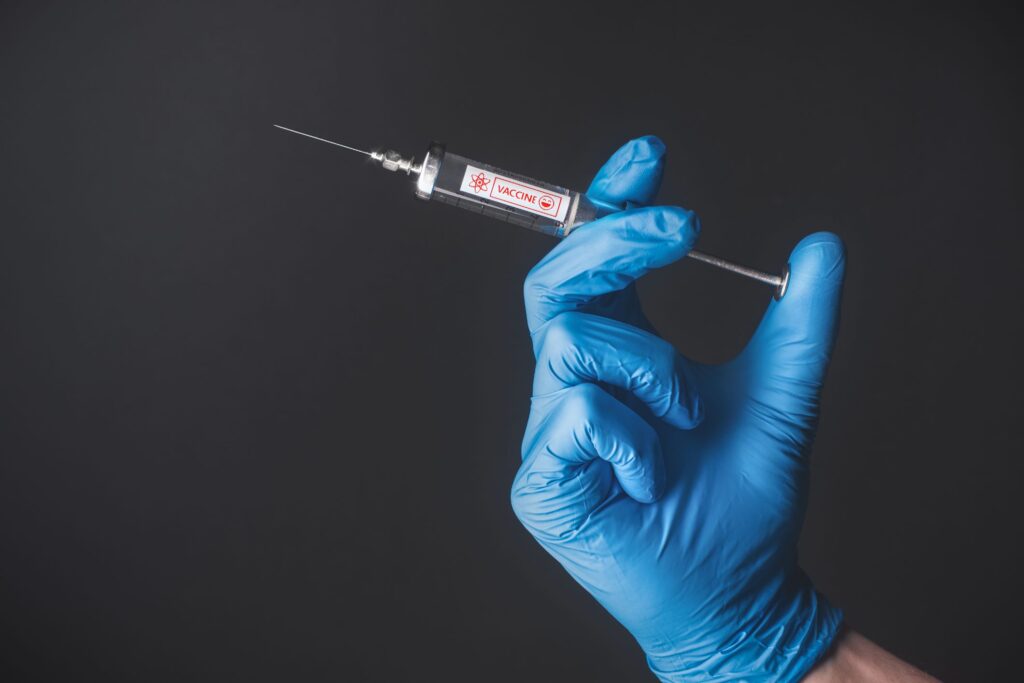Hyaluronic Acid Injection costs
Wondering how much do hyaluronic acid injections cost for knees?
Typically, they range from £300 to £850 per injection.
Prices can go up to £1700 based on various factors.
This article will break down the costs, factors that influence them, and what to expect during treatment.
Key Takeaways
- The cost of hyaluronic acid injections is influenced by location, clinic type, required number of injections, and insurance coverage, with averages ranging from £200 to £800 per injection.
- Hyaluronic acid injections offer pain relief and improved joint function for patients with moderate to severe knee osteoarthritis, typically requiring one to two treatments annually.
- Choosing a qualified healthcare provider is essential for administering hyaluronic acid injections, as clinician expertise can significantly affect treatment efficacy and patient safety.
Cost Factors of Hyaluronic Acid Injections
The cost of hyaluronic acid injections is influenced by several factors including geographical location, clinic type, the number of injections required, and insurance coverage.
Understanding this can help you anticipate the financial commitment and plan accordingly.
Hyaluronic Acid Injection: Location and Clinic Type
Where you receive your hyaluronic acid injections can significantly impact the cost.
Private Hospitals tend to charge higher fees compared to private clinics.
Clinic location and clinician experience can also significantly influence the cost of hyaluronic acid injections.
Hyaluronic Acid Injection: Insurance Coverage and Out-of-Pocket Expenses
Insurance coverage for hyaluronic acid injections can vary greatly.
While some insurance plans may cover hyaluronic acid injections if they are deemed medically necessary, others may not.
Checking with insurance providers helps understand the extent of coverage and potential out-of-pocket costs.
This aids in managing overall costs and avoiding unexpected expenses.
Hyaluronic Acid Injection: Typical Price
The typical cost range for a single hyaluronic acid injection is between £300 to £850.
For instance, a Durolane hyaluronic acid injection costs around £400-850, while an Ostenil Plus injection is priced at approximately £350-550.
These figures provide an idea of the financial commitment for each dose.
Hyaluronic Acid Injection: Total Treatment Costs
Accounting for multiple injections is crucial when considering total treatment costs.
A full course involving several sessions which can be the case with Synvisc or Ostenil plus can lead to overall costs exceeding £1200 .
Factoring in the entire treatment plan rather than just the price per injection gives a realistic estimate of the financial investment required.
Hyaluronic Acid Injection: Comparing Costs with Other Knee Injections
Recognising the cost differences among knee injection therapies helps patients seek effective treatment options.
Comparing hyaluronic acid injections with other types, like Cortisone, PRP, and Arthrosamid, helps in making informed decisions.
Cortisone Injections
Cortisone injections generally cost less than Hyaluronic Acid.
These injections can reduce knee inflammation within days and provide relief for approximately 3 to 12 months depending on the degree of Osteoarthritis.
PRP Injections
PRP injections, which involve concentrating platelets from the blood and injecting them into the knee, typically cost between £400 and £900 per injection.
They are ideal for individuals who have mild to moderate arthritis. They are also suitable for those seeking to enhance their healing process.
However, risks associated with PRP therapy include infection, pain, or irritation at the injection site.
Arthrosamid and Other Gel Injections
Arthrosamid injections are a new type of gel injection used for knee osteoarthritis treatment, with typical costs ranging from £2400 to £3000 in the UK.
These costs are higher than those of hyaluronic acid injections but only a single injection is required and it lasts longer where successful (approx 2.5 years)
Knowing the financial implications of Arthrosamid and hyaluronic acid injections is crucial when making treatment decisions.
Patients who respond to Hyaluronic Acid injections are deemed suitable candidates for Arthrosamid Injections.
In some cases patients may decide to have Hyaluronic Acid injections initially and switch to Arthrosamid when they they deem the Hyaluronic Acid is no longer effective.
Understanding the Value of Hyaluronic Acid Injections
Hyaluronic acid injections aim to maintain joint mobility and alleviate pain, particularly when other treatments have failed. They provide significant benefits, particularly for patients suffering ongoing knee pain that limits daily activities, especially those with arthritic joints.
They offer an alternative for those who haven’t found relief with pain relievers or physical therapy.
Hyaluronic Acid Injection Pain Relief and Improved Joint Function
Hyaluronic acid injections provide lubrication in the joint, which can help restore functionality affected by osteoarthritis.
They are considered very safe for patients and carry no risks associated with steroid injections.
Common short-term side effects at the injection site include pain, swelling, and redness.
These injections can delay the need for surgery, offering significant benefits.
Hyaluronic Acid Injections: Duration of Benefits
While the effects of hyaluronic acid injections may not be immediate, patients could experience benefits that last for several months.
Patients typically need one to two injections per year for optimal results.
Minimally Invasive Injection
Hyaluronic acid injections are minimally invasive and can be conducted in outpatient settings, emphasising their low-impact nature compared to surgical alternatives.
These procedures are generally safe and cause minimal discomfort as local anaesthetic is applied to numb the area prior to the injection
When to Consider Hyaluronic Acid Injections
Hyaluronic acid injections can reduce pain, improve mobility, and help delay more invasive procedures.
Knee injections should be considered if daily activities become difficult, pain affects sleep, or there’s an inability to engage in enjoyable activities.
Severity of Knee Osteoarthritis
Candidates for hyaluronic acid injections typically have mild to moderate osteoarthritis.
Recognising the severity of knee osteoarthritis helps determine the effectiveness of these injections.
Alternative Treatments
There are various alternative treatments to consider before opting for hyaluronic acid injections.
Unlike hyaluronic acid injections, non-invasive treatments like physical therapy and lifestyle changes can serve as effective alternatives.
Surgical options, including knee joint replacement, may be considered when other treatments do not provide relief.
Choosing a Provider for Hyaluronic Acid Injections
Choosing the right healthcare provider is crucial when considering hyaluronic acid injections.
Selecting a specialist with extensive experience who uses image guidance to deliver the injection is recommended.
Ensuring the clinician is licensed and properly trained is crucial for administering injections.
A clinicians experience in Orthopaedic medicine ensures safe and effective results.
Qualified professionals minimise risks and maximize the benefits of hyaluronic acid injections.
What to Expect During Consultation
During the consultation, the clinician will thoroughly review the patient’s medical history to identify any potential risks.
Patients will discuss their treatment goals and any concerns during the initial meeting.
The consultation is a critical step in the treatment process for personalized care.
Summary
In summary, understanding the costs of hyaluronic acid injections involves considering various factors such as location, clinic type, the number of injections required, and insurance coverage.
The value of these injections lies not just in their ability to relieve pain and improve joint function, but also in their minimally invasive nature that can delay the need for surgery.
Making informed decisions about knee pain treatments can lead to better outcomes and improved quality of life.
Frequently Asked Questions
Hyaluronic acid injections typically cost between £300 and £850 per injection (in some cases £1700), influenced by the clinic’s location and type. Therefore, it is advisable to consider these factors when budgeting for the procedure.
Typically, one to two hyaluronic acid injections are required annually for effective treatment.
Insurance coverage for hyaluronic acid injections often varies; therefore, it is essential to consult your provider to clarify any potential out-of-pocket expenses.
Hyaluronic acid injections typically provide longer-lasting relief and have fewer side effects compared to cortisone injections, which are more affordable but may lead to shorter duration of effect. Therefore, choosing between them depends on factors like cost, desired longevity of effect, and potential side effects.
During the consultation for hyaluronic acid injections, you can expect a thorough review of your medical history, a discussion of your treatment goals, and tailored care recommendations. This process ensures that the treatment aligns with your individual needs.

